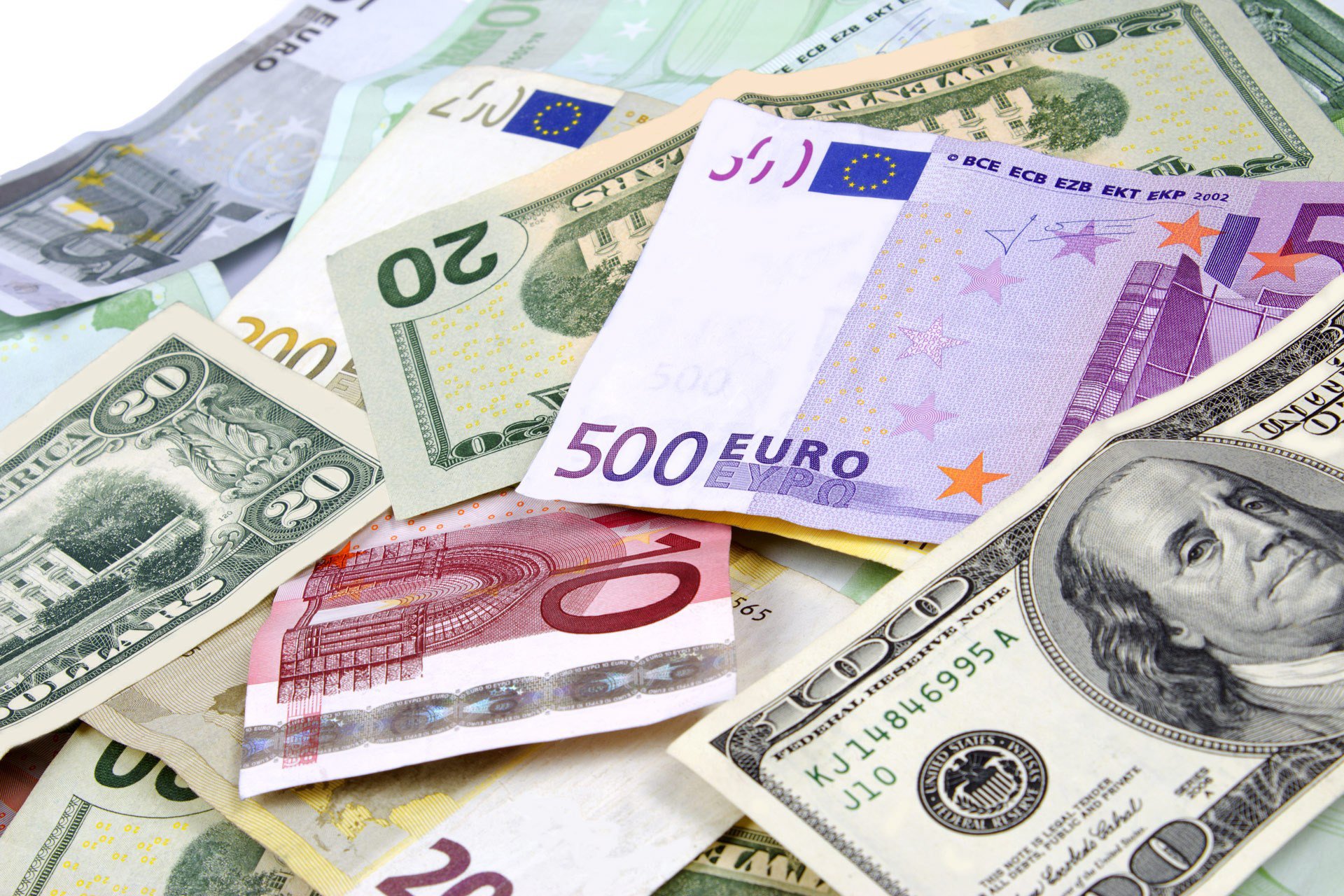CAIRO: Egypt’s gross domestic product could possibly slow down to 2 percent this year, Yasser El Mallawany, co-chief executive officer of EFG-Hermes Holding, told Bloomberg.
EFG-Hermes Holding is one of Egypt’s top investment banks based in Cairo.
“We expect GDP growth will go down to 2 or 3 percent this year,” El Mallawany was quoted as saying.
Last month, the investment bank adjusted Egypt from “overweight” to “neutral” after 18 days of protests toppled president Hosni Mubarak.
But others don’t believe the drop will be as low as 2 percent. According to Magda Kandil, director of the Egyptian Center for Economic Studies, it will be at least 3.3 percent for the year.
“In the first half of the fiscal year, growth was estimated at 5.6 percent; hence, assuming zero growth in the second half of the fiscal year, at minimum growth for the year should be 2.8 percent,” said Kandil.
“I do not think growth will be zero for the first half of the year. It is likely to be very modest, less than 1 percent. And under this scenario, growth for the year will be 3.3 percent,” she added.
Kandil explained that the growth rate last year was 5.1 percent, but this year’s figure will all depend on the speed of the rebound in the last quarter of the fiscal year, which is currently still unfolding.
Minister of Finance Samir Radwan recently met with representatives of 92 investment companies at EFG’s fourth annual Egypt Capital Markets Day Conference, which is now in progress in London. El Mallawany quoted him as saying that the new government is “pro-business, pro-private sector and will not increase the rate of taxes.”
While Kandil believed that this should help alleviate concerns about taxes being possibly raised in the future, she saw the bigger concern as the deterioration in the fiscal deficit, which she believed should force the government to consolidate spending or raise taxes.
“A commitment to avoid the latter should involve a commitment in parallel to reduce spending and prioritize,” she explained.
With the stock market finally reopened, since its closure on Jan. 27, the impact on the GDP will unfold in the next few months.
“It should help revive investors’ confidence, which could be helpful to private sector activity,” said Kandil of the re-opening.
“However, there is risk in the short-term that it could trigger more outflows, absent confidence in the medium-term outlook of the economy,” she added.
Kandil said there was a need to invest in policies that would be able to boost the fundamentals of the economy. This would render stock market activity beneficial and would also reinforce the effects of a healthy stock market in the appearance of higher private-sector-led growth.
As far as what can and needs to be done next to possibly increase the GDP, Kandil said, “The government has already invoked a lot of added spending, in the form of compensations, subsidies and employment, which could help support domestic consumption.”
She explained that companies and citizens should place their focus on resuming their activity and avoid strikes and demonstrations that she said have already proven to be quite costly for the economy.
“Efforts should be focused on improving the environment for tourism and boosting investors’ confidence to mobilize investments and boost exports,” she added.



